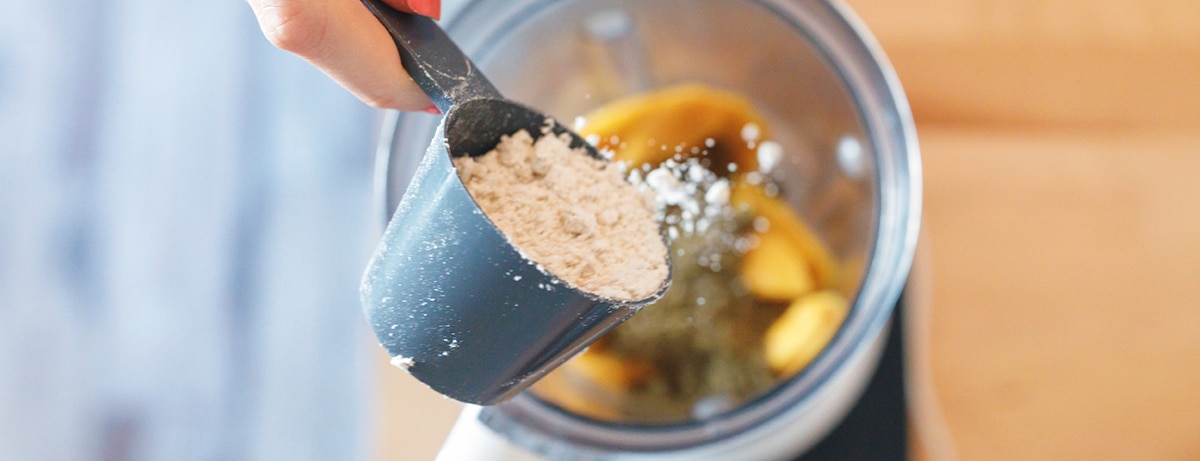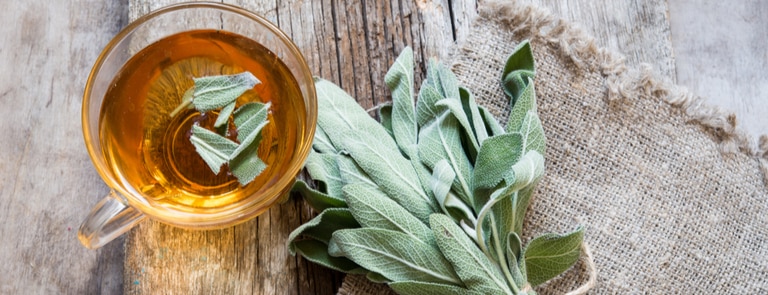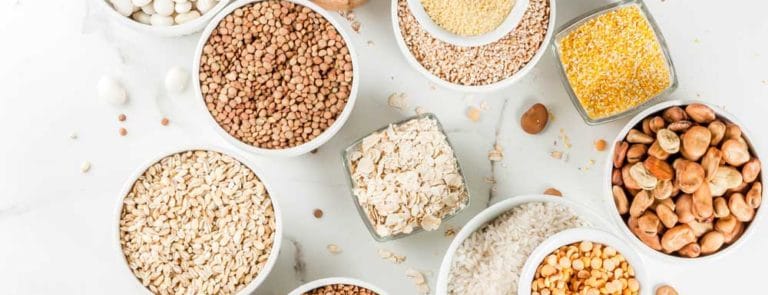10% off £35
What are carbohydrates? Everything you need to know
.png)
When you think of carbohydrates, or ‘carbs’, do you think of mashed potato, chunky bread or a big bowl of pasta?
You wouldn’t be wrong – carbs have a reputation as stodgy comfort foods which you’re likely to avoid if you’re watching your weight or on a diet.
In the below article we’ll look closely at carbohydrates and explain why you need them and what they do.
What are carbohydrates?
Carbohydrates are biomolecules.
This means they are found in living organisms, like plants. There are three other biomolecules that make up a living organism:
- Nucleotides
- Proteins
- Lipids (fats)
There are hardly any foods that contain only one of these nutrients, and most foods will contain a combination of carbs, fats and proteins in various amounts.1
There are three different types of carbohydrates found in food, these are:
- Sugar
- Starch
- Fibre2
Why do we need carbohydrates?
Put simply, we need carbs to keep our bodies going.
Whereas the amount and type of carbs we need are a subject of much debate, consuming some form of carbohydrates is essential to provide energy to our bodies and help us eliminate waste.
When people talk about carbs, they don’t usually specify if they are referring to sugar, starch or fibre.
This is where the confusion comes from which can lead people to eliminate carbs completely from their diets, which is not advisable.
Types of carbohydrates
Read on to find out more about the different types of carbohydrates...
-
Sugar
‘Free’ sugars are the type added to food and drinks such as biscuits, cakes, chocolates, sweets and most carbonated drinks.
Free sugars are also found in honey, agave, maple syrup, fruit juices and smoothies.
We might think it is easy to spot food or drink that is high in free sugar by its sweet taste, but beware! Many savoury sauces and soups are also very high in free sugar.
Although sugar is found naturally in fruit, vegetables and dairy products, this does not count as free sugar.
Free and added sugar, rather than naturally occurring sugar, is the type that health experts say we should all cut down on as much as possible.
-
Starch
This category is probably what most people think of when they consider carbs. Starch is present in all plant-derived foods, including:
- Pasta
- Bread
- Potatoes
- Grains
- Cereals
-
Fibre
Fibre is a type of carbohydrate, derived from plants, which the body cannot digest. It is present in:
- Fruit
- Vegetables
- Whole grains
- Beans
- Lentils
Why are carbohydrates important?
Your body uses carbohydrates as its main source of energy.
It breaks carbs down into glucose, which is then absorbed into your bloodstream.
When it meets insulin in your blood, glucose can cross over into your body’s cells where it is used as energy.
Without carbohydrates providing this readily available energy in your bloodstream, your body turns to its stored fat reserves for its energy.
While this can be a good thing in the short term, your body using fat stores as its main energy source over a longer period of time might leave you feeling:
- Low on energy
- Weak
- Dizzy
- Sick
- Tired and irritable
Instead, you should try and limit the number of sugary foods you have and try and include healthier sources of carbs, such as:
- Wholegrains
- Potatoes
- Vegetables
- Fruit
- Legumes
Carbohydrates are also important for the fibre they provide.
We all need fibre to stay healthy. People who think they should be eliminating carbs from their diets often don’t realise that not getting enough fibre can cause:
- Constipation
- Bloating
- Loose Hard stools
- A general feeling of sluggishness
Without fibre, undigested food, waste products and bacteria hang around in your gut for longer without being eliminated, which can cause inflammation.
Additionally, a diet lacking fibre can lead to weight gain, as without fibre to make us feel full, we are at risk of overeating.
The official UK guidelines for fibre intake is 15g per day for children and 30g per day for adults.
Carbohydrates are also sources of vitamins and minerals.
Starchy foods, for instance, as well as providing energy, give us nutrients such as iron, calcium and B vitamins.
7 best sources of carbohydrates
If you’re looking to add carbs to your diet, but looking to avoid ‘bad’ carbs – then you can’t go far wrong but using the below list from the NHS is a good guide as to what you can add to your diet as a healthy option.
- Choose wholegrain cereals at breakfast time.
- Try porridge with fruit as a good winter warmer.
- Whole oats with fruit, low fat milk or low sugar yoghurt can make a nice summer breakfast.
- Baked potatoes can be a little underrated for lunch or dinner. Eat the skin for even more fibre.
- Have more pasta and rice, but try not to cover it in sauces that might be unhealthy.
- Switch your bread for a seeded, wholemeal or granary loaf. Switching to wholegrain alternatives gives you more fibre.
- Switch to brown rice as a healthy, and tasty alternative.
You also asked...
Refined carbohydrates include sugars as well as refined grains which have been processed to remove nutrients and fibre.
This includes anything made from white flour (bread, pasta) and white rice as well as cereal and cereal bars.
Your body converts refined carbohydrates into glucose rapidly, causing a sudden blood sugar raise, or ‘spike’ soon after eating.
Consuming refined carbs also causes you also produce insulin to allow the glucose to enter your body’s cells to be used as energy.
Therefore, you will also experience an insulin spike along with your blood sugar high. Some changes in blood sugar are normal, such as a raise shortly after eating.
However, your blood sugar being raised too high and too often causes the over-production of insulin in your body, which can lead to insulin resistance.
Insulin is a hormone which is produced in response to the presence of glucose in the blood, and it helps your body absorb and store the glucose safely.
Insulin resistance is a problematic state where your body takes on too much glucose through diet and therefore produces so much insulin that your cells stop responding to it, shutting down their ability to absorb and store glucose
Complex carbohydrates (aka ‘good carbs’) are those which are not broken down into glucose rapidly by the body.
They are digested more slowly and provide a more steady, long-lasting source of energy.
Complex carbohydrates are found in whole grains bread, pasta and rice, as well as quinoa, oats and some vegetables e.g. sweet potatoes, kale, broccoli and peas.
As you may have learned so far, carbohydrates are a broad category and not all of them are the same. It is in fact the type, quality and quantity of carbs that you have in your diet which is important.
For example, as you’ll see from the above foods – there is strong evidence to suggest that fibre, which you’ll find in wholegrain versions of many starchy foods, are a good healthy alternative.
Absolutely. Carbs are your body’s main source of energy – without them you will be reliant on protein and fat to build energy.
The NHS EatWell Guide recommends that more than 1/3 of your diet should be made up of starchy foods, such as potatoes, bread, rice and pasta, and more than 1/3 should be fruit and vegetables.
The advice in this article is for information only and should not replace medical care. Please check with your GP or healthcare professional before trying any supplements, treatments or remedies. Food supplements must not be used as a substitute for a varied and balanced diet and a healthy lifestyle.
Last updated: 29 November 2021














